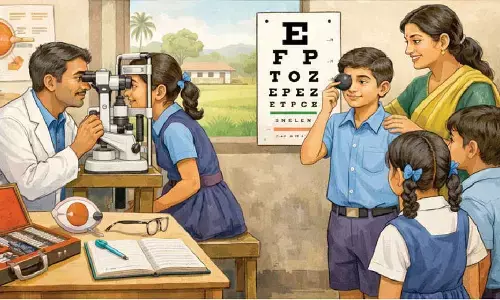Overweight twins may up diabetes risk

Twins with a higher body mass index (BMI) do not have an increased risk of heart attack or mortality, however, there is an increased risk of developing type 2 diabetes, according to a study.
Twins with a higher body mass index (BMI) do not have an increased risk of heart attack or mortality, however, there is an increased risk of developing type 2 diabetes, according to a study.
For the study, the researchers compared health data from 4,046 monozygotic twin pairs with different levels of body fat, as measured in BMI. Genetically identical siblings with different BMI provide researchers with a unique opportunity to evaluate obesity-related health risks that are independent of genetic factors.
During a follow-up period of on average 12.4 years, differences between the twins were compared when it comes to incidents of mortality, heart attack and type 2 diabetes.
The results clearly showed that the twin siblings with a higher BMI did not have an increased risk of mortality or heart attack compared to their thinner counterparts, suggested the study.
The results showed that among twin siblings with a higher BMI (mean value 25.1), there were 203 heart attacks (5 per cent) and 550 deaths (13.6 per cent) during the follow-up period while among twin siblings with a lower BMI (mean value 23.9), there were 209 heart attacks (5.2 per cent) and 633 deaths (15.6 per cent) during the same period.
Among the 65 twin pairs in the study who had a BMI difference of 7 or higher and where the larger twin siblings had a BMI of 30 or higher, there were still no noticeably increased risk of mortality or heart attack associated with a higher BMI.
"The results suggest that lifestyle changes that reduce levels of obesity do not have an effect on the risk of death and heart attack, which contradicts conventional understandings of obesity-related health risks," said Peter Nordström, researcher at the Department of Community Medicine and Rehabilitation at Umeå University.
The study, published in the journal JAMA Internal Medicine however showed that a higher BMI is associated with an increased risk of type 2 diabetes.
"The study does show is that there's a strong association between obesity and diabetes, which leads us to conclude that weight reduction interventions can be more effective against diabetes than when it comes to reducing the risk of heart attack and mortality," added Nordström.

















